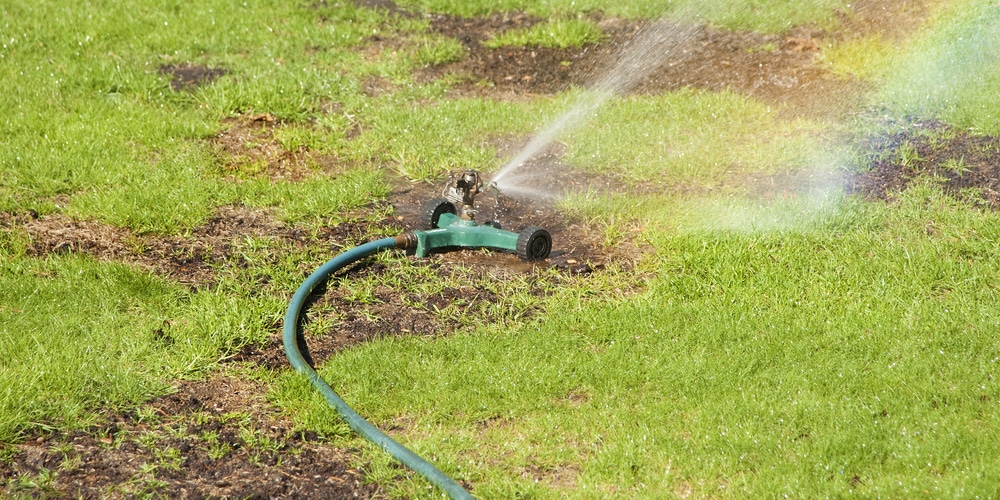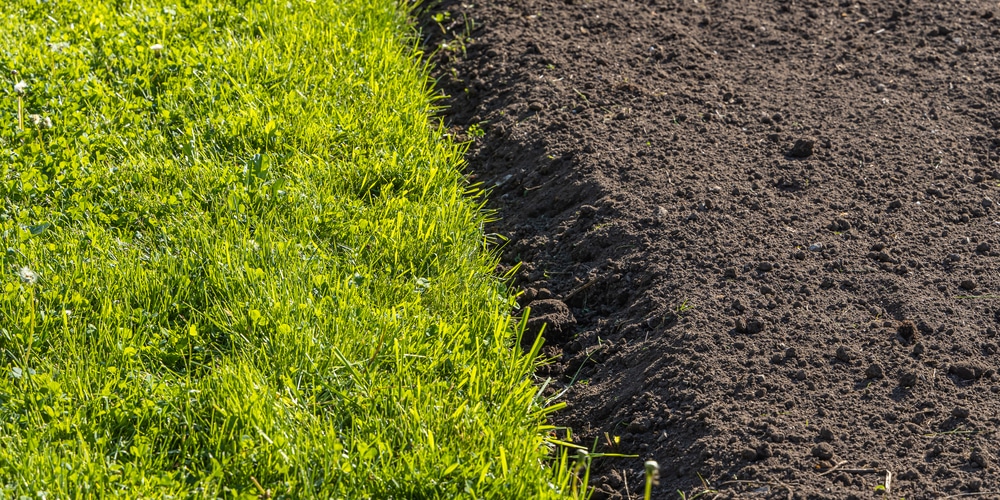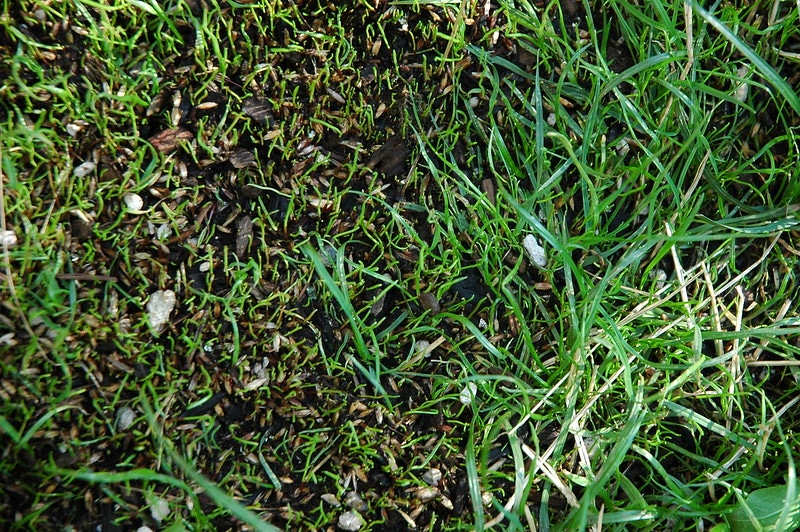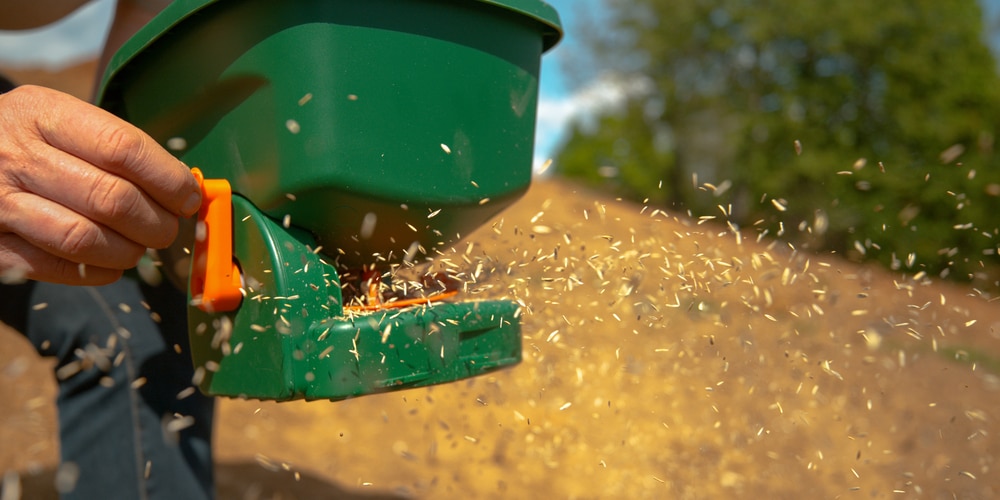Organic Grass Seeds: The Natural Choice for Your Lawn
When considering a more natural and environmentally friendly approach to your lawn, organic grass seeds stand out as a prime candidate. Here’s what you need to know about these seeds:
- Purity: Organic grass seeds are free from synthetic chemicals and pesticides.
- By using these seeds, you ensure that your lawn starts off free from potentially harmful substances, creating a safer environment for your family and pets.
- Sustainability: Opting for organic seeds supports sustainable farming practices.
- These practices aim to conserve water, reduce soil erosion, and improve soil quality.
- Selection: You have a variety of choices when it comes to organic grass seeds.
- Some popular types are known for their high wear tolerance and are ideal for spaces like school and park lawns.
- A well-known choice is Kentucky bluegrass, which thrives in northern climates with full sun exposure.
- Care: While organic grass seeds may be hardier against pests due to their natural resistance, proper lawn maintenance is still essential.
- This includes good soil, adequate watering, and regular mowing to foster a lush, dense growth.
Why Organic Grass?
When you choose organic grass seeds for your lawn, you’re making a commitment to environmental sustainability, your health, and the support of local biodiversity. These seeds are designed to thrive without synthetic chemicals, fostering a greener, safer outdoor space.
Environmental Impact
- Reduced Chemical Runoff: Organic seeds reduce the need for chemical fertilizers, pesticides, and herbicides, leading to less contamination of local waterways.
- Soil Preservation: Organic grass promotes healthier soil as it enhances the structure and fertility with natural processes.
Health and Safety
- Non-toxic Lawns: Your lawn becomes a safer place for children and pets as there are no harmful chemicals.
- Decreased Allergy Risks: With fewer chemicals, there can be a reduction in allergies or reactions often associated with synthetic lawn treatments.
Biodiversity Support
- Attracts Beneficial Insects: Organic lawns often become a haven for bees, butterflies, and other pollinators which are vital to a thriving ecosystem.
- Enhances Local Flora and Fauna: A chemical-free lawn provides a better environment for local plants and wildlife to flourish.
How to Choose the Right Seed
Making the right choices in seed varieties and meticulously preparing your lawn for planting are essential steps for a successful organic grass establishment. Here’s how to ensure your organic lawn gets off to a great start.
Choosing the Right Varieties
- Research grass species that thrive in your climate zone and conditions, such as those with high wear tolerance for active areas.
- Select seeds with a high pure live seed (PLS) percentage, indicating viability and quality for a healthy lawn.
Soil Preparation
- Test your soil’s pH and nutrient levels to identify if amendments are needed.
- Remove weeds and debris, and loosen the top layer of soil to ensure seed-to-soil contact, crucial for germination.
Seeding Techniques
- Evenly distribute the seeds over the prepared soil, either manually for small areas or using a spreader for larger lawns.
- Gently rake the seeded area to cover the seeds with soil, protecting them from birds and the elements.
- Water appropriately, keeping the soil consistently moist until germination occurs, without causing erosion or runoff.
Maintenance and Care
Proper maintenance is imperative to get the best out of your organic grass seeds. Specific watering guidelines, strategic weeding, and vigilant care for soil health and fertilization are key to a luscious lawn.
Watering Guidelines
- Deep Watering: Ensure you water your lawn deeply but infrequently to encourage strong root development.
- Deep watering means you should aim for 1 inch of water per week, either from rainfall or manual watering.
- Best Times to Water: Water early in the morning to reduce evaporation and fungal growth.
Weeding Strategies
- Manual Removal: Remove weeds by hand or with a tool to ensure the entire root is extracted, which is essential for preventing regrowth.
- Organic Herbicides: Utilize natural weed control methods to tackle invasive species without harsh chemicals.
Fertilization and Soil Health
- Soil Testing: Conduct a soil test to determine what kind of nutrients your lawn is lacking.
- Organic Fertilizers: Choose organic fertilizers that release nutrients slowly, such as compost or organic lawn-specific blends, to enrich your soil.
- Compost Application: Spread a thin layer of compost across the lawn to add essential organic matter, as advised by lawn care experts like Paul Tukey.
Harvesting and Storing Organic Seeds
To ensure long-term success in your organic lawn endeavors, mastering the art of harvesting your own grass seeds and storing them properly is crucial. Your efforts in sustainable lawn care can continue to blossom year after year with these essential techniques in place.
Harvesting Methods
- Timing: Aim to harvest your grass seeds when the seed is at a medium to hard dough stage; this is typically when the moisture content is between 35-50%. The ideal window for harvesting is generally 10-15 days after the grass seeds have matured.
- Technique: Carefully cut the grass stems just below the seed heads using clean, sharp tools. This strategy helps prevent the seeds from dropping prematurely.
Storing Conditions
Storing seeds correctly safeguards their germination capability. Here’s how you do it:
- Containers: Use strong, airtight containers for storing your harvested seeds. This protects them from moisture and pests.
- Environment: Keep your seeds in a cool, dry place. A stable environment with consistent temperature helps maintain seed quality.
Seed Viability
To maximize the potential of your organic grass seed, consider these factors:
- Dryness: Ensure seeds are thoroughly dry before storage. Any residual moisture can lead to mold and decrease viability.
- Life Span: Most grass seeds remain viable for up to five years if stored correctly. However, for optimal results, use them within two to three years.
Frequently Asked Questions
Before delving into the details, know that organic grass seeds offer enhanced environmental benefits and promote a healthier lawn ecosystem. Here are some common questions to consider when deciding if organic grass seeds are right for your lawn.
What are the benefits of using organic grass seeds over conventional ones?
- Organic grass seeds are not coated with synthetic chemicals, making them safer for your family and pets.
- Using organic seeds supports biodiversity, attracting beneficial insects and promoting soil health.
How do organic grass seeds contribute to lawn health and ecosystem balance?
- They improve soil structure as they decompose, increasing the presence of beneficial microorganisms.
- These seeds aid in water retention, reducing the need for frequent watering.
What factors should be considered when selecting organic grass seeds for different climates?
- Consider the seed’s drought tolerance for arid climates.
- For cooler regions, opt for seeds with frost resistance.
Are organic grass seeds more effective in resisting pests and diseases?
- While not inherently pest-resistant, a lawn grown from organic seeds tends to be hardier.
- A robust lawn can better withstand and recover from pest invasions and diseases.
How does the germination rate of organic grass seeds compare to non-organic varieties?
- The germination rate can be comparable to non-organic seeds if maintained properly.
- Ensure adequate soil preparation and moisture for optimal germination.
What maintenance practices should be followed to ensure the optimal growth of organic grass seed lawns?
- Regular watering with longer intervals as the grass matures, ensuring deep root growth.
- Mow at a height that encourages horizontal growth and density to establish a lush lawn.
Last update on 2025-04-19 / Affiliate links / Images from Amazon Product Advertising API






